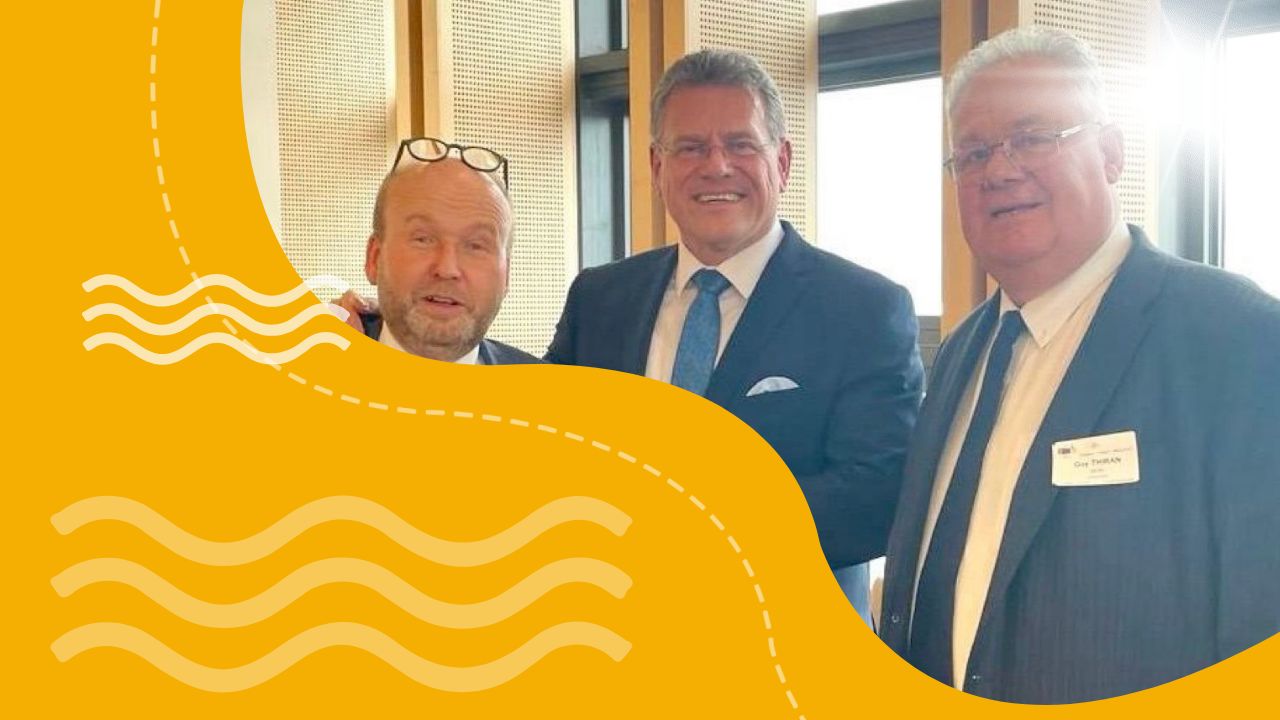Among the participants was Guy Thiran, Director General of Eurometaux, who joined fellow raw materials leaders to explore strategies for fortifying Europe’s energy transition, which heavily relies on metals, emphasizing the twin pillars of security and sustainability.
Highlighting Europe’s robust industrial foundation, Thiran pointed to over 70 ongoing projects spanning the metals supply chain, from mining and processing to recycling, boasting a world-leading environmental footprint.
The focus now shifts towards advancing these projects in alignment with the Critical Raw Materials Act 2030 production goals while revitalizing existing operations.
Thiran outlined five key EU actions discussed during the dialogue:
- Delivering EU Finance: Urgent provision of EU finance to stimulate raw materials investment and narrow the competitiveness gap with global counterparts, with particular emphasis on mid-stream processing.
- Energy-Intensive Industries Link: Strengthening the connection with prior dialogues on energy-intensive industries, recognizing the pivotal role of a globally competitive energy supply in Europe’s raw materials success.
- Unified Policy Approach: Addressing unintended bottlenecks stemming from other EU legislation, such as chemicals or water, through a unified policy approach.
- Enhanced Recycling: Scaling up metals recycling rates through improvements in collection, sorting, and shipment processes to support top-tier recyclers on a level playing field.
- Responsible Global Mining Financing: Providing financing for responsible global mining projects led by European companies to prevent the monopolization of resource-rich regions by foreign powers.
The discourse underscores a shift towards proactive engagement by the European Commission, as evidenced by recent events like the Antwerp Industry Summit and the Clean Transition Dialogues, signaling a renewed focus on business engagement and stakeholder mobilization.
As discussions conclude, the call to action resonates clear – it’s time to translate dialogue into tangible progress and deliver the significant strides necessary for Europe’s clean transition journey.

